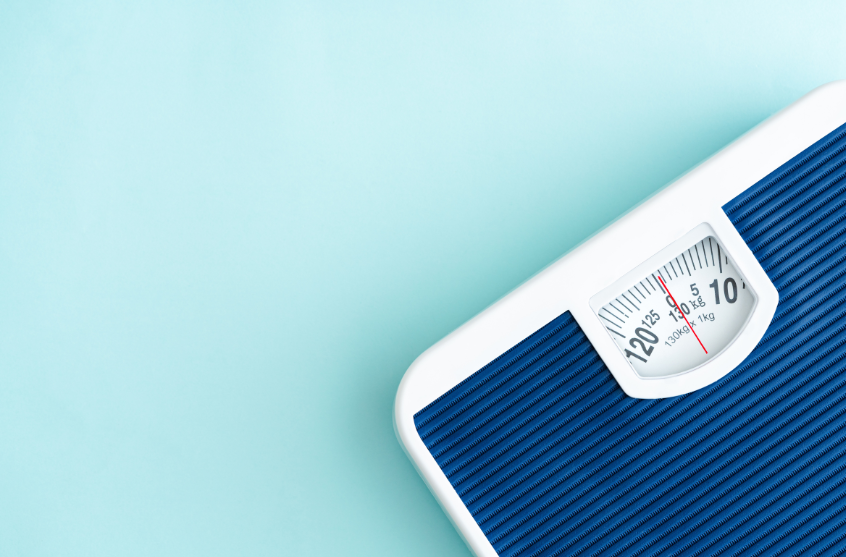
Gender and Weight Loss: Why Does Your Husband Drop Weight Easily While You Struggle?
The frustration is real. It’s not in your head — men really do drop pounds more quickly and easily than women, especially as they age. Here’s what we’ve found to be true when it comes to gender and weight loss.
As a holistic nutritionist with a focus on women ages 40 and beyond, it’s common to hear clients ask why does my husband lose weight so much easier or faster than I do?
So, why does your husband drop weight easily while you struggle?
Body Composition
Muscle mass can impact how easily someone loses weight. People with more muscle burn more calories, even at rest. Men tend to have more muscle mass than women.
Metabolism Differences
Men typically have a higher basal metabolic rate (BMR) due to the greater muscle mass. Muscle burns more calories at rest than fat — about 35 to 50 calories per pound of muscle. Women generally have a lower BMR because they tend to have more body fat and less muscle mass. This can make weight loss slower and is a big reason for women to try to build and keep their muscle as they age.
Hormonal Differences
As we’ve researched and spoken about many many times, hormones play a big role in weight regulation and women are more hormonally complicated than men. Differences in hormones like insulin, thyroid hormones, stress and especially sex hormones will affect weight loss. Hello, menopause.
For men, increased amounts of testosterone promotes muscle, which aids in faster metabolism and more efficient fat burning. Men also have fewer hormonal fluctuations affecting weight. In women estrogen and progesterone levels fluctuate due to menstrual cycles starting in puberty and continuing through pregnancy years, and especially peri and menopause. These hormonal changes can impact fat storage (middle weight gain) and appetite.
Recent Research
According to Rekha Kumar from Weill Cornell University Medicine, researching differences in men and women’s weight loss, or gender and weight loss, on average, a woman might lose 0.5 to 1 pounds a week whereas a man might lose 2 pounds a week. “One theory is that this has to do with hormones and a woman’s set point for what healthy body fat is due to the brain sensing body fat and trying to keep women in healthy shape for reproduction”
Also, Kumar found that men typically hold extra weight in their midsection, which is known as visceral fat, and is metabolically active. When they lose that type of fat, it actually improves their overall metabolic rates, helping them to burn more calories. Women have more subcutaneous fat which is the kind that accumulates around their hips, butt or thighs. This type of fat is not metabolically active and does not improve metabolism with weight loss.
Stress and Sleep
Stress and poor sleep can affect weight loss. If one person is managing stress better or getting better sleep, it can impact their weight loss positively. Women tend to attempt to multitask more than men (I do realize this is a big generalization, but I think it’s kinda true when you factor in work, home and family responsibilities).
Age
Metabolism can slow down with age, partly because of muscle mass, partly because of nutrient absorption, and hormone fluctuations, sleep, etc., which can make weight loss more challenging as you get older.
We hope this information helps to bring clarity to the issue of gender and weight loss. I regularly tell my female clients not to compare their individualized weight loss journey — just focus on their own successes. It helps!
For successful weight loss management, focusing on a customized plant-forward clean diet and personalized nutrition, reach out! We’re here to help. Book a complimentary consultation with a holistic nutritionist today.
